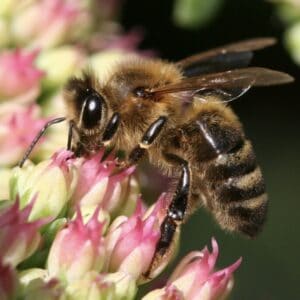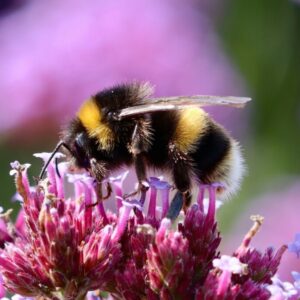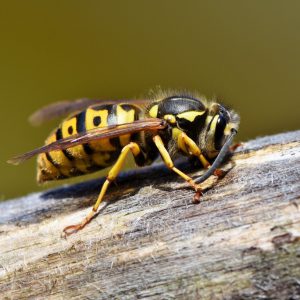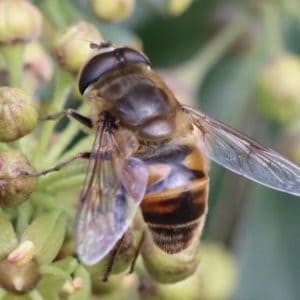A CLUSTER OF BEES SEEN IN THE PHOTOS IS A CLUSTER OF HONEY BEES
It won't be Bumble Bees, Solitary Bees, Wasps, Hornets or Asian Hornets
YOU HAVE A SWARM OF HONEY BEES?
Before you call a local swarm collector gather some information.
-
Is It a Swarm of Honey Bees?
It is only honey bees that swarm. If the ‘swarm’ is in the ground or a bird box it is likely to be bumblebees, solitary bees or wasps. Have a look at the pictures on this page to decide if it is a honey bee swarm. Alternatively, click here for a website page that has very good picture of some of the bees found in the UK.
-
Size & How Long Has it Been There?
It is useful for someone collecting the swarm to know how big the swarm is. On a wall or fence, is it the size of a dinner plate, a sofa cushion or a bed pillow? Hanging from a tree, is it the size of a tennis ball, football or beach ball?
Do you know how long it has been present? When did you first notice it?
-
Where is the Swarm Located?
In order to remove a swarm the person will need permission from the property or land owner. They will also need to know where the swarm is located. Is it on a wall, in a hedge, or up a tree? Will they need a ladder? As much information you can provide helps prepare for the collection.
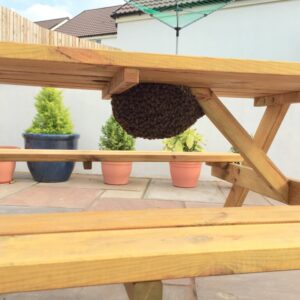
Swarm Underneath a Picnic Table
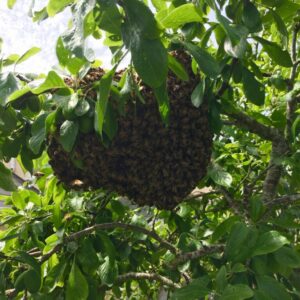
Swarm of honey bees in a plum tree
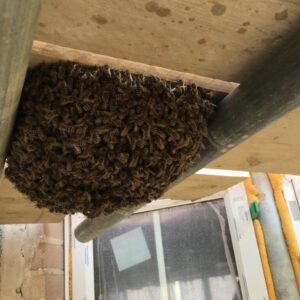
Honey bee swarm underneath scaffolding boards
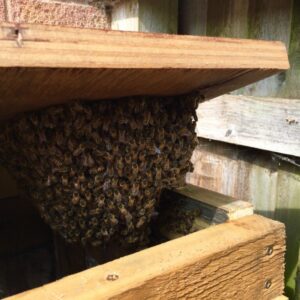
Swarm of honey bees in a compost bin
A Honey Bee Swarm Forming on a Fence
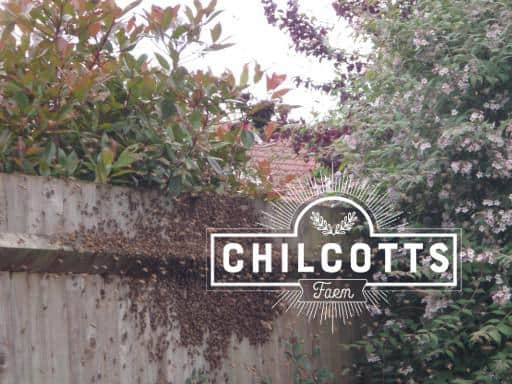
Collection of Honey Bee Swarms
To have a swarm of honey bees removed the British Beekeepers website has a list of Bee Keepers who will remove bees. At the following link https://www.bbka.org.uk/swarm if you put in your postcode, this will provide a list of Honey Bee Swarm Collectors near to you.
A Settled Swarm or Cluster of Honey Bees
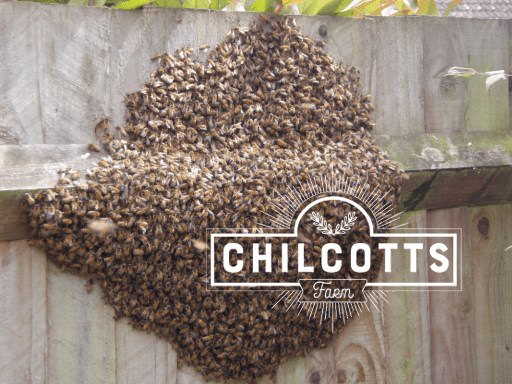
Honey Bee Swarm Forming in A Devon Hedge
SO WHAT HAPPENS AFTER YOUR SWARM HAS BEEN COLLECTED?
-
Temporary Housing
The swarm collector (beekeeper) will visit and if possible, most of the bees will be temporarily housed in a box. However, there will probably be a few bees left flying around. As dusk falls, these remaining bees should find there way into the box with the other bees.
-
A Return Visit
At dusk, or very early the next morning, the beekeeper will return to collect the 'box of bees'. Most of the bees will have joined their sisters in the box. They will temporarily secure the bees so that they can be transported to their new home.
-
A New Home
A good beekeeper will put the recovered bees in a temporary apiary. To give them a good start, they will also treat them with a Thyme (yes the herb!) based treatment which encourages the bees to remove any Varroa Mites they may have brought with them. For the next 6 weeks they will be fed and monitored checking for disease and behaviour.
Interesting to know, beekeepers who are members of the British Bee Keeping Association, (www.BBKA.org) have Third Party Liability insurance.

